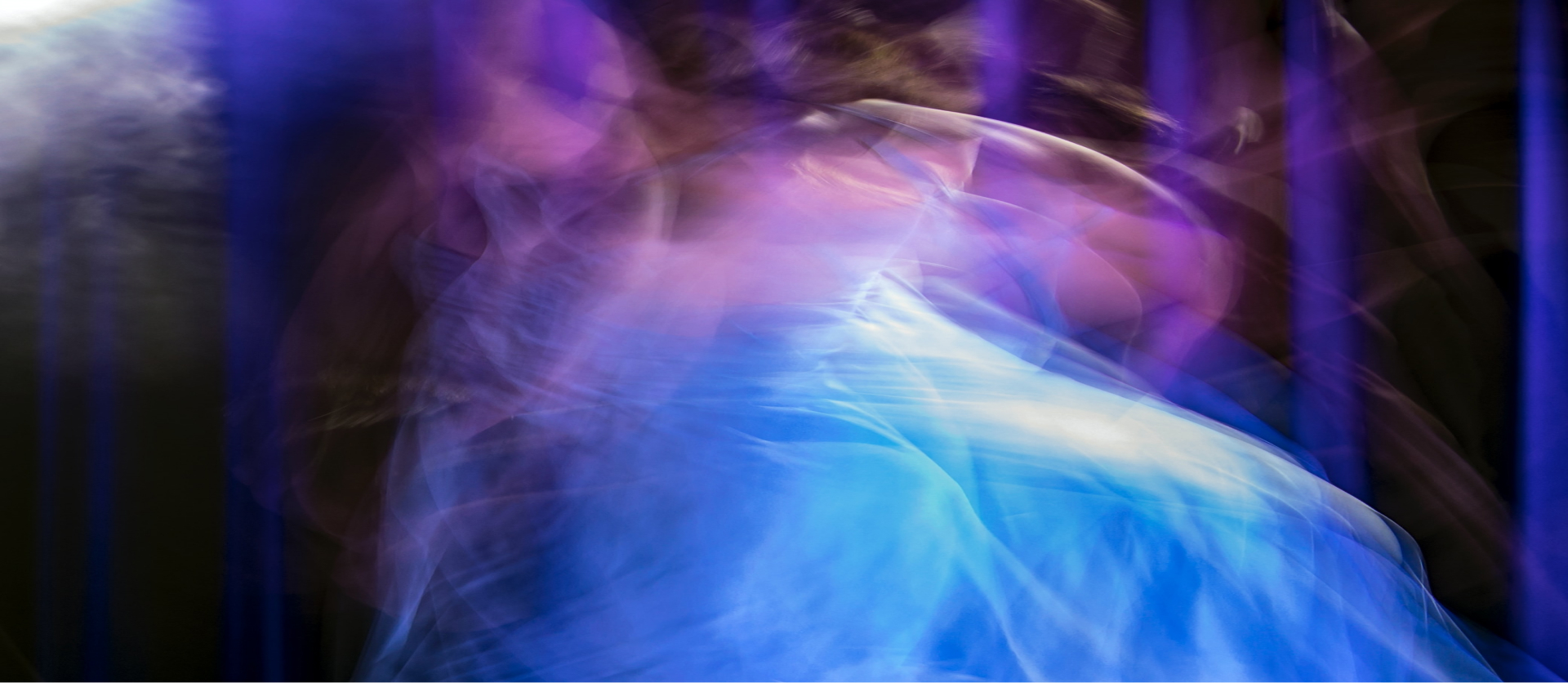"CIRKOPOLIS"
at the Tbilisi International Theatre Festival. By Michael WIERSING SUDAU
The show starts with a lonely clerk over boarded with paper work, with hundreds of pages lying on his desk. The scene has something to remind us of "Brazil" by Terry Gilliam, the fight of an individual against the machine he is only a part of. More and more papers to be stamped are brought in, and lonely, darkish, upsetting music in the style of some of the composition by David Bowie, Peter Gabriel and Pink Floyd make the picture of despair complete. Although the theme of lonely spirits in a material world resurfaces from time to time - heavily supported by impressive larger than life computer three-dimensional renderings filling the whole backdrop of the stage - luckily there are numbers appealing to romantic feelings. However, most of the contents is dedicated to the sheer fun of performing acrobatics under differing circumstances and in different settings. Although the character introduced at the beginning reappears several times - in the quest of love - numbers are rather loosely connected, and do not aim to tell a full story. Few numbers are concentrating on just one or two actors, most of them deploying all of the company, seven men and four women, in fabulous, magnificent elaborations of the range of all the things highly skilled acrobats-dancers can do with their bodies. All this presented with a shot of foolishness and joy; indeed the audience realizes soon into the show that the whole company there on stage is tremendously enjoying itself, celebrating the artistic achievements of each other in a natural way, feeling easy as to an extent that they would be able to cope with everything lightly.
Acting, dancing, performing together with other individuals requires enormous trust. All the more this speaks true of acrobats, the well-being of their whole body depending on them, but not less on their fellows supporting them in the right moment after a spectacular jump. To the audience it all looks fun and easy; the amount of preparation is too easily forgotten. There might be one hundred such companies in the world, able to perform similar aerobatics, pieces of dance and theatre. Maybe there are even less, but in any case not a lot and certainly few who have the chance to put it all together with music and songs written especially for the show and supported with gadgets like computer animations. Where do Dave St. Pierre and Jeannot Painchaud from the Canadian Cirque Eloize get their ideas from, one wonders. The basis of the secret of the success of "Cirkopolis" seems to be lying in the teamwork of all the members of the company. Refining this by putting it together with the diversity of biographies of the various performers - who are seemingly neither all of them Canadians nor residing permanently there - plus years or even decades of experience in performing modern dance and acrobatics may by itself alone already offer a fountain of ideas to be tried out for the stage.
After the end of the show everybody leaves the theatre and is back to normal life. From this point of view, it is truly sad to have the festival staged in a big city like Tbilisi. To really value the experiences which the performances during the festival are offering, ideally the venues would be situated in a desert, thus not distracting us from the performances so much work has been put into and which impressed us so much. Obviously, to really appreciate any of the performances, one would need to see them several times. As they made their way through the shopping mall attached to the Griboyedov theatre, with a world outside the theatre with a hundred thousands by-passers who have not just shared the same experience, what were ordinary spectators able to take home after the end of "Cirkopolis" ? Hopefully something and ideally something to talk about and to pass on.
Michael WIERSING SUDAU,
Detmold, Germany
Photo credits to Mariam Kuchukhidze



